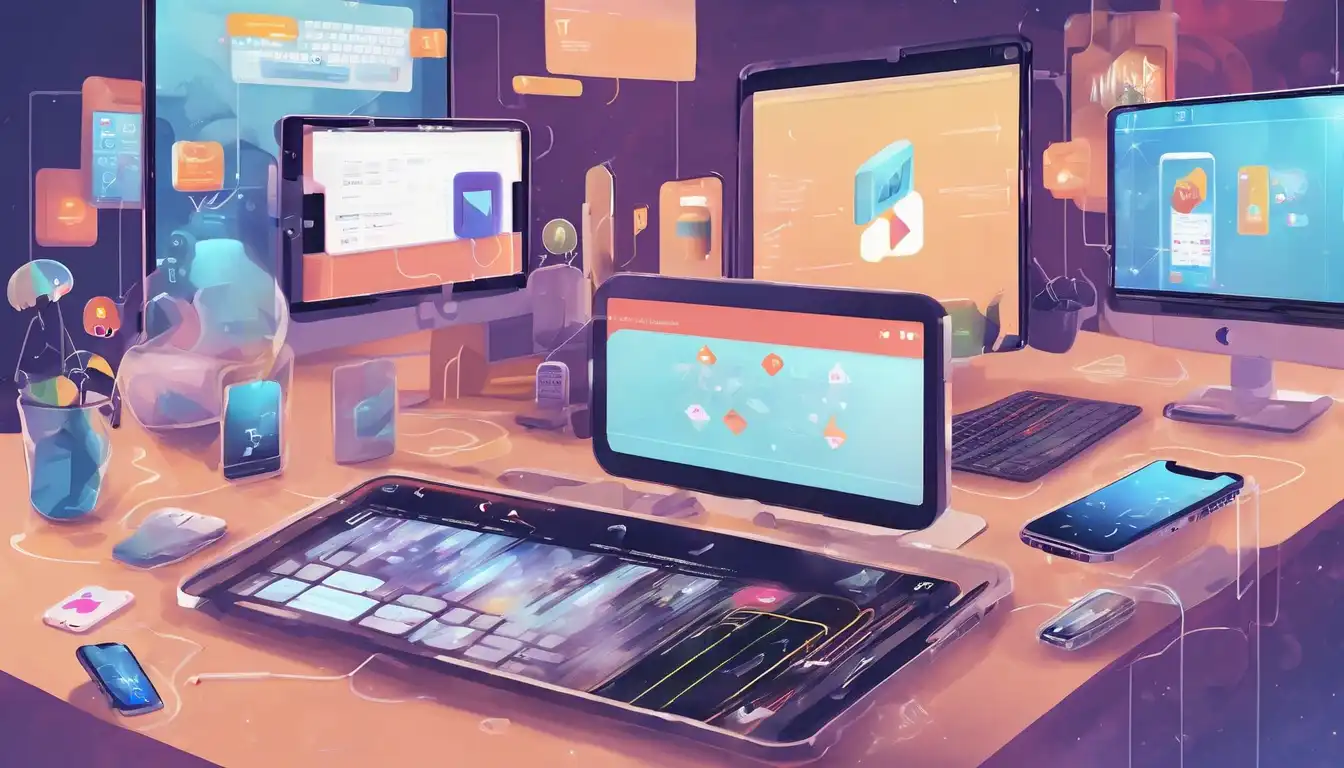Introduction to Flutter in Mobile Development
In the ever-evolving world of technology, Flutter has emerged as a groundbreaking framework for mobile development. Developed by Google, it enables developers to build natively compiled applications for mobile, web, and desktop from a single codebase. This article delves into how Flutter is shaping the future of mobile development, offering insights into its benefits, challenges, and why it stands out among other frameworks.
Why Flutter is a Game-Changer
Flutter's unique approach to mobile development lies in its use of Dart, a programming language optimized for fast apps on any platform. Its widget-based architecture allows for the creation of highly customizable and responsive UIs. Moreover, Flutter's hot reload feature significantly reduces development time, enabling developers to see changes instantly without restarting the app.
Benefits of Using Flutter for Mobile Development
- Single Codebase for Multiple Platforms: Write once, deploy anywhere. Flutter eliminates the need for separate codebases for iOS and Android.
- Fast Development Cycle: Hot reload allows for real-time updates, making the development process more efficient.
- Rich Widget Library: Flutter offers an extensive collection of customizable widgets for creating complex UIs.
- Strong Community Support: With growing popularity, Flutter boasts a vibrant community and extensive documentation.
Challenges and Considerations
Despite its advantages, Flutter is not without its challenges. The framework is relatively new, which means some third-party libraries may not be as mature as those available for more established frameworks. Additionally, apps built with Flutter tend to be larger in size, which could be a consideration for developers targeting users with limited storage.
Flutter vs. Other Mobile Development Frameworks
When compared to other frameworks like React Native or Xamarin, Flutter stands out for its performance and UI consistency across platforms. However, the choice between them depends on project requirements, team expertise, and specific use cases.
Looking Ahead: The Future of Flutter
The future of Flutter looks promising, with Google investing heavily in its development. The introduction of Flutter for web and desktop expands its reach beyond mobile, making it a versatile tool for developers. As the community grows and the ecosystem matures, Flutter is poised to become the go-to framework for cross-platform development.
For those interested in diving deeper into Flutter, exploring our resources on Flutter can provide valuable insights and tutorials to get started.
Conclusion
Flutter is revolutionizing mobile development with its fast performance, beautiful UIs, and cross-platform capabilities. While there are challenges to consider, its benefits make it an attractive option for developers looking to build high-quality apps efficiently. As Flutter continues to evolve, it will undoubtedly play a significant role in the future of mobile development.
